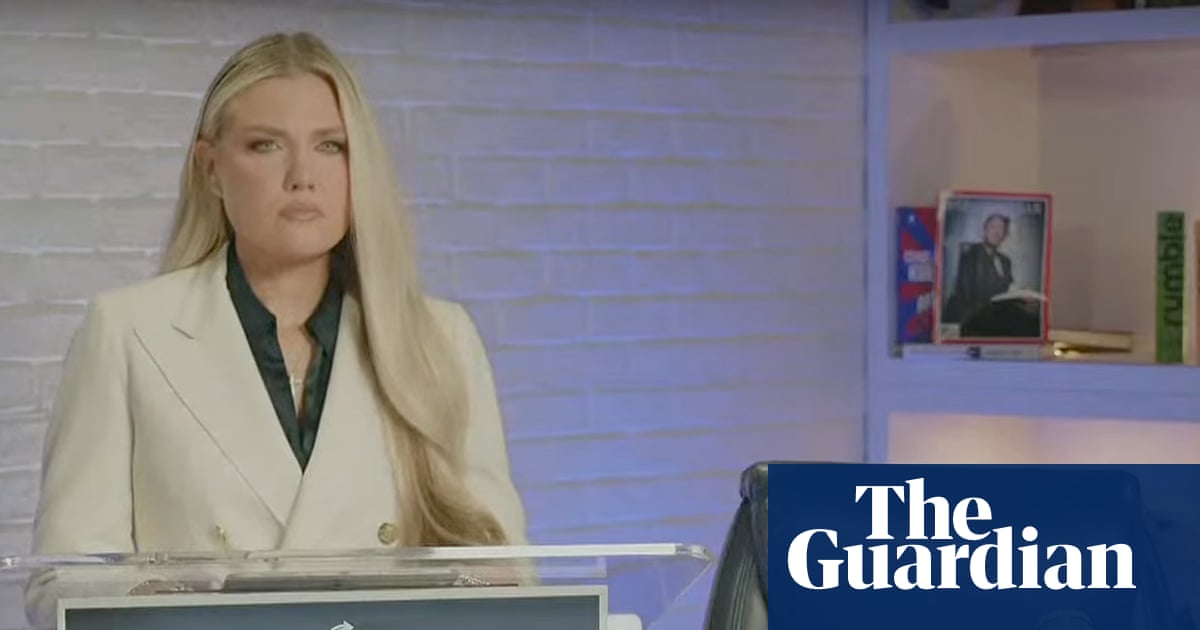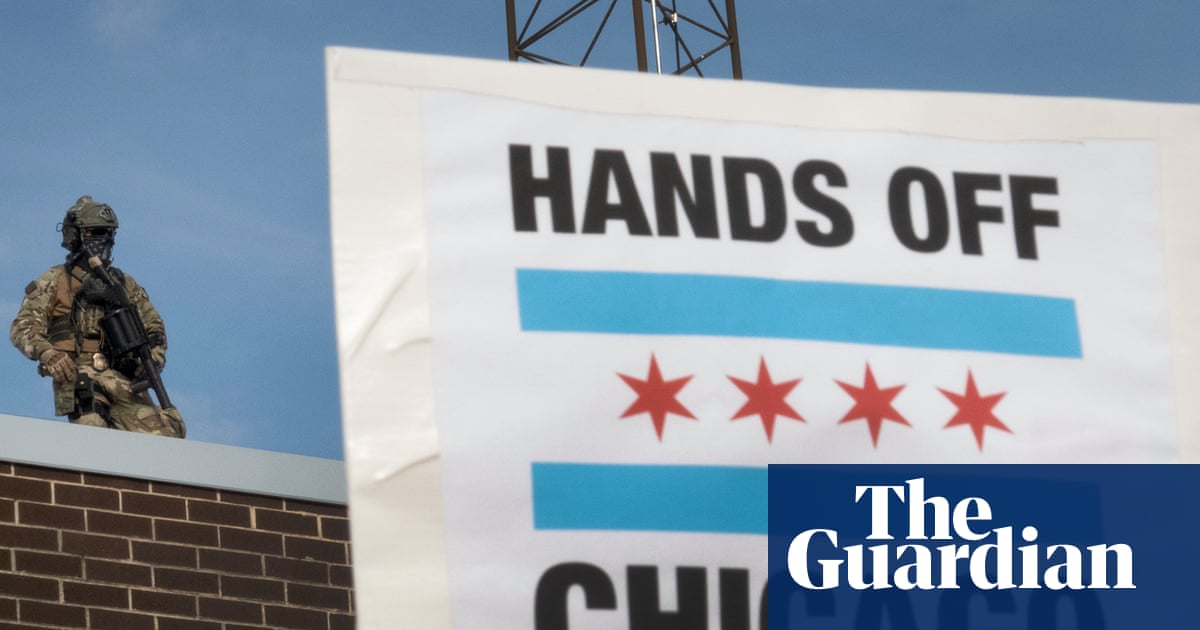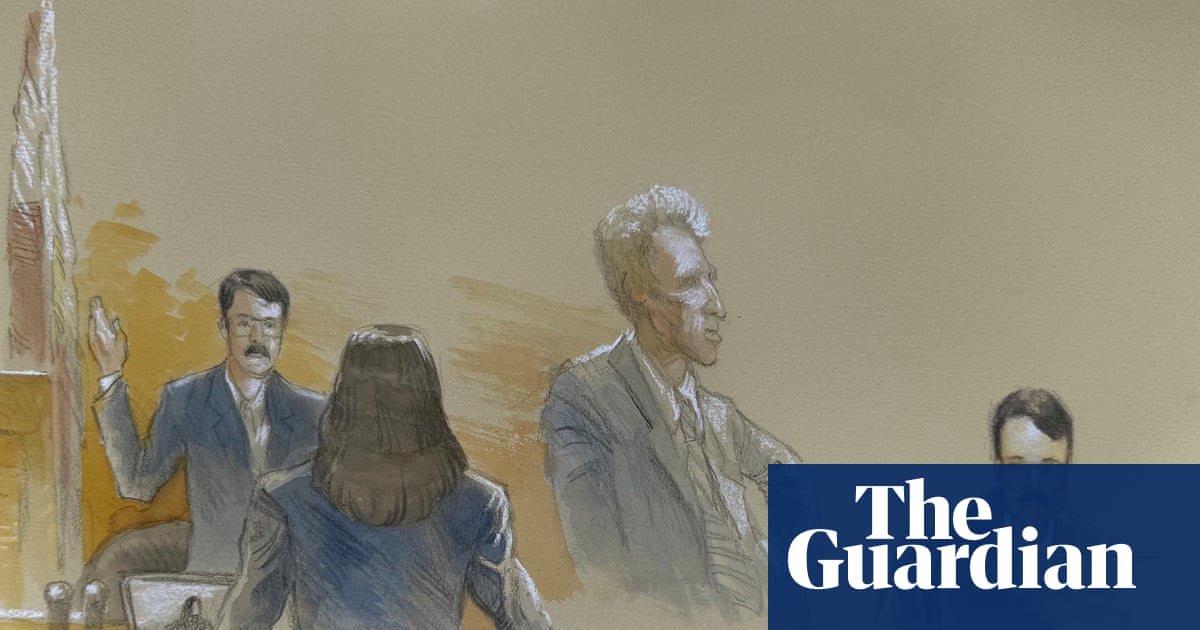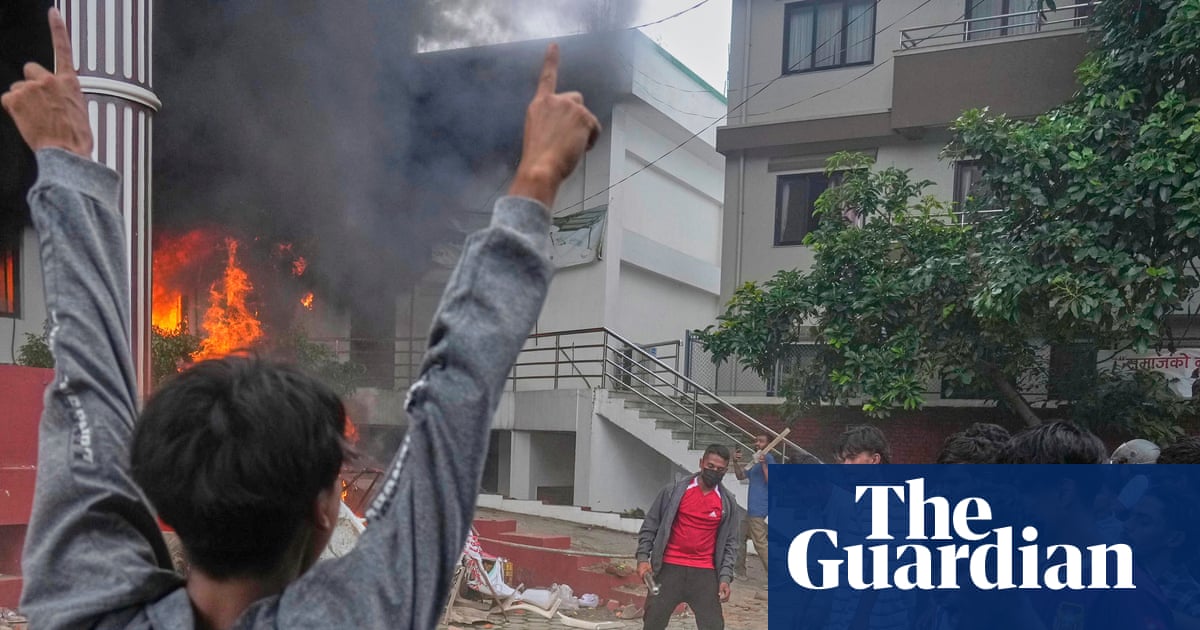A Roman Catholic priest who admitted to child molestation has publicly recounted for the first time how New Orleans’ archbishop tried to give him a chance to continue his career even after catching the cleric sending inappropriate texts to a minor.
Patrick Wattigny, 57, made the revelation while appearing before Louisiana’s parole board on Thursday, unsuccessfully requesting an early release from prison.
Wattigny said his downfall began when the mother of a student at a high school where he worked found unsettling texts between the priest and her son. The woman reported Wattigny – then the chaplain of the Pope John Paul II high school in Slidell, Louisiana – to New Orleans’ archbishop, Gregory Aymond, who summoned him to a meeting in February 2020. Wattigny said that Aymond asked him at that meeting: “Do you give me your word you will not do it again?”
Wattigny said he gave Aymond his word and temporarily stuck to it, buying him another eight months or so in ministry. But, during questioning from parole officials, Wattigny acknowledged having a strong sexual attraction to the teenager he was texting. He said he “gave in … and I texted this person again” amid the stress of the ensuing Covid-19 pandemic.
Wattigny said Aymond then sent him to a 30-day retreat in June 2020, which involved psychological testing. He then went to a behavioral health clinic in Hattiesburg, Mississippi, the following September for a psychological evaluation which required him to take a lie detector test. At that point, Wattigny confessed “to having an inappropriate relationship and touching one of my students at that time”.
“The polygraph was something I knew I … couldn’t outrun, and so I decided it was better for me to come clean and tell what I had done,” Wattigny said. “I knew I would probably lose my career, my family, my friends, my reputation, everything – but I felt like it was better for me to come clean with what I had done.”
His admissions came at a time when New Orleans’ archdiocese believed none of its clerics had been credibly found to have committed abuse in recent years. The archdiocese announced Wattigny’s removal from ministry on 1 October 2020.
Criminal prosecutors eventually charged Wattigny with molesting two children, but did not charge him in connection with the texts that resulted in his being caught because – though inappropriate – they had not yet led to physical harm.
Wattigny pleaded guilty in July 2023 to one count of molestation of a juvenile under his supervision in a case dating back to 2013. On the other charge, Wattigny entered an Alford plea, in which he denied wrongdoing yet acknowledged that overwhelming evidence against him would probably get him convicted at trial.
Judge John Keller then sentenced Wattigny to five years in prison, sex offender registration and time on probation after his release. Louisiana allows most people serving time in prison the chance to shorten their actual periods of incarceration – sometimes significantly – by demonstrating what officials deem as good conduct, setting the stage for Wattigny’s parole hearing on Thursday.
Wearing a white and orange prisoner’s jumpsuit, Wattigny told parole officials over a video call that he deserved to be released after 23 months in prison because he completed a sex offender treatment program at the Bayou Dorecheat correctional center in Minden, Louisiana.
He said that he tutored other program participants, taught social studies at the prison and wanted to go home to care for his parents, including his 82-year-old mother, who had suffered two strokes and “is no longer capable of independent living”. He also offered apologies to his victims.
Two people identifying themselves as friends of Wattigny verbally endorsed his early release bid during Thursday’s hearing, including one who called him “a model prisoner”. But officials administering the hearing rejected Wattigny’s request, citing numerous letters opposing his early release, including from authorities who prosecuted him as well as the public.
The abuse survivor at the center of the Alford plea, Tim Gioe, also spoke on Thursday in opposition to Wattigny’s being granted parole.
Gioe, 38, who came forward and relayed that he had been in grade school, back in the 1990s, when Wattigny befriended him first and then molested him, said his abuse was something he struggles with daily – interfering with his marriage to his wife as well as his parenting their children.
“It affects how safe I feel in the world,” Gioe said. “Letting Patrick Wattigny out early would send a message that the pain he caused can be minimized – that accountability for child abuse has an expiration date.”
Gioe came forward and relayed that he had been in grade school in the 1990s when Wattigny befriended him and then molested him. He recently championed an effort for Louisiana to outlaw grooming, which is defined as behavior attempting to gain children’s trust with the intent to sexually abuse them. Gioe’s push received support from his wife, Sarah, whose father is Louisiana state senator Pat Connick.
Connick subsequently presented a bill criminalizing grooming to Louisiana’s legislature, which passed the proposal without opposition in early June. Louisiana’s governor, Jeff Landry, then signed Connick’s bill into law on Tuesday.
The archdiocese did not immediately respond to a request for comment about Wattigny’s statements at his parole hearing.
Wattigny is among at least three clergymen within the archdiocese of New Orleans to plead guilty to sexual crimes since the organization filed for federal bankruptcy protection in 2020. The other two have died; the bankruptcy remained pending as of Thursday.

 3 months ago
54
3 months ago
54

















































